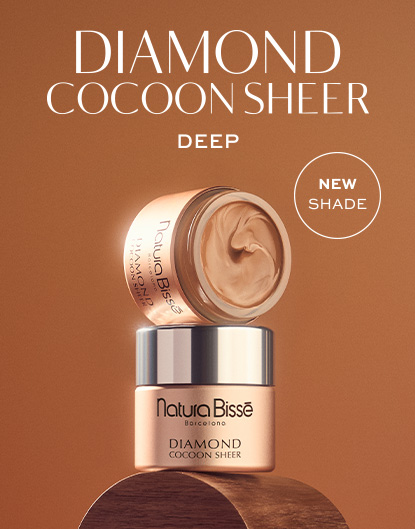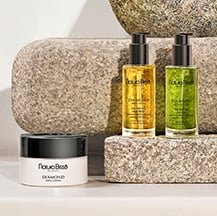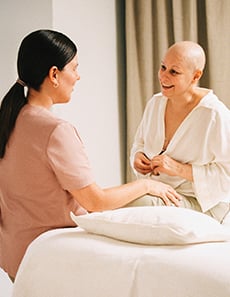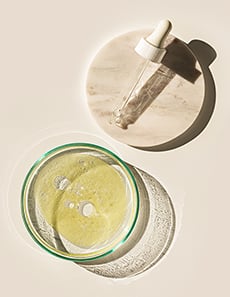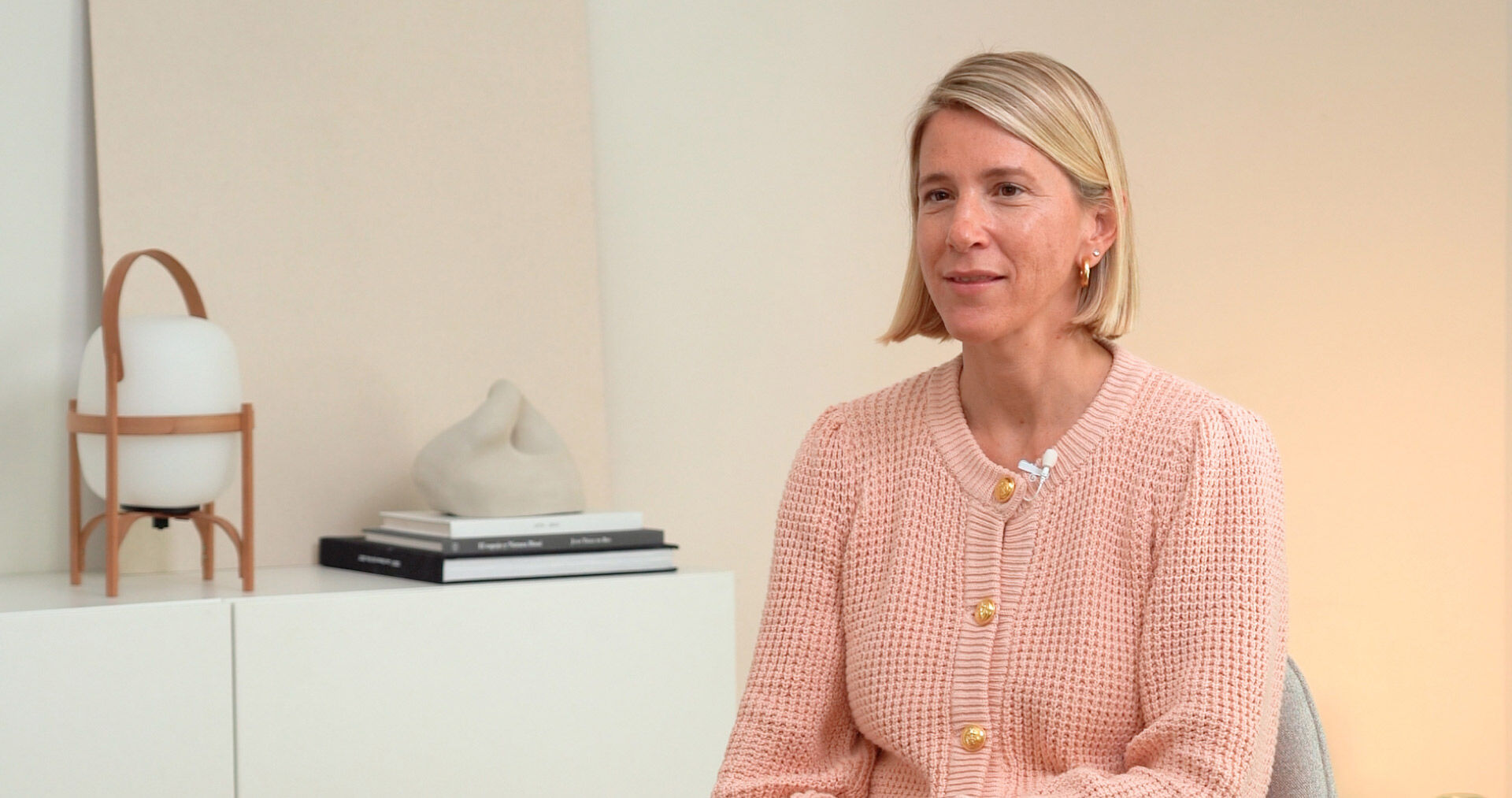Menopause is a stage of life that sooner or later most women go through. For many years it was a taboo subject and therefore there is still a lot of potential for confusion around the entire process of perimenopause and menopause. To make things a little clearer, we asked Natura Bissé women to share their doubts and Sofía Fournier, a renowned Spanish gynecologist specializing in Fetal Medicine and Obstetrics, provides answers to the most common questions.
We hope you find them useful!
01
How important is it to go to the gynecologist during this stage?
The first thing to keep in mind is that your gynecologist can be a great source of support during this period so it’s essential to tell them all the symptoms that you’ve noticed, even if you think they are unimportant or unrelated. This is important because your gynecologist may recommend one course of action or another depending on your specific set of symptoms.
Secondly, don’t forget to have annual checkups. Menopause comes at an age when other diseases such as breast cancer can appear. You should also have bone density scans more regularly to check that your bone mass is in good condition.
Lastly, taking blood tests is important too as this hormonal process tends to increase cholesterol and reduce levels of vitamin E and calcium.
02
Do cellulite and varicose veins get worse?
In this phase, there is a decline in muscle mass with women noticing more sagging and fatty tissue. An accumulation of fat in the midsection, from the chest down to the thighs, is very common and often translates into cellulitis and/or varicose veins. Not only that but saddle bags on the thighs and an increase of volume around the abdomen are also common. That is why it is so important to watch what we eat and do regular physical exercise.
03
Does menopause cause insomnia and a feeling of constant fatigue? How can I combat these symptoms?
Feeling a little emotionally unstable and irritable as well as having insomnia are very common symptoms in menopausal women. Insomnia is frequently exacerbated by hot flashes that most women experience at this time of life. There are medical treatments and nutritional supplements, adaptogens and natural compounds that your gynecologist can prescribe to deal with this.
04
I’ve been taking contraceptive medication for a long time. Can this result in early menopause?
No, taking contraceptives won’t affect how soon you enter menopause. However, it is important to remember the main reason you began taking them to understand what is happening to your body. For example, if you started taking the pill to regulate your cycle, then it’s very likely that when you stop taking it your periods will be irregular again.
05
Is it possible to go through menopause without any symptoms at all? If so, should I take any special measures?
It is true that the symptoms experienced during this transition vary a great deal from woman to woman. You may have lots of different symptoms or none at all. In the latter case, you don’t need to take any medicine or nutritional supplement but you should still see your gynecologist on a regular basis because you still need the same analytical and image tests to monitor your health.
06
Is the age at which menopause appears hereditary?
The age depends on many factors but it is true that the genetic factor is one of the most important. When someone comes to the clinic with premature symptoms, one of the first questions we ask is whether any close female relatives have gone through early menopause. If the answer is yes, then we have to keep a closer eye on their case.
07
What is considered early menopause?
When it appears before the age of 45. The average age is 50 so the normal range is between 45 and 55. With early menopause, we recommend some type of hormone replacement treatment.
08
I’ve noticed mood swings, as though I’ve completely run out of patience. What can you recommend to manage these changes?
Having constant mood swings is totally normal. It is important to be aware that this is a stage of life, a temporary phase that won’t last forever, and to listen to our bodies and our needs.
Minimizing the stress factors around us and controlling the quality of our rest can help manage stress and reduce any feelings of anxiety.
09
Is itchy skin another effect? Aside from moisturizing, which doesn’t seem to alleviate it, what can I do to stop my skin from itching?
Itchy skin is due to dehydration. In addition, the skin becomes more sensitive because it becomes thinner and that makes it more fragile. My recommendation is to moisturize intensely and to use gentle skincare products. It is also important not to use fabric softener and to use hypoallergenic detergent for your laundry. Try to wear cotton fabrics and neutral colors. Plus, it’s better to use an oat gel in the shower.
10
What do you think about hormone replacement therapy (HRT)?
Menopause shouldn’t be a major handicap in a woman’s life. If nutraceuticals, adaptogens, lifestyle changes (regular exercise and healthy eating) and stress management, for instance, aren’t helping to control our symptoms, then we can go ahead with this type of therapy. It shouldn’t be demonized as it helps us combat all the symptoms.
11
In terms of self-care, can going to a spa or having a daily beauty ritual help me?
Absolutely. Dedicating time to make yourself feel good, to take care of yourself and to feel beautiful is essential when it comes to having a more positive experience of menopause. Women go through various phases that can be physically and emotionally complex, like pregnancy, post-partum and menopause. Investing in hair and skincare help us feel better about ourselves inside and out.
ESSENTIAL SHOCK INTENSE LINE
This collection is the perfect solution for your skin during the three phases of menopause. Its efficacy formulas include isoflavones, a unique active ingredient that minimizes the effects of hormonal changes on the skin.

